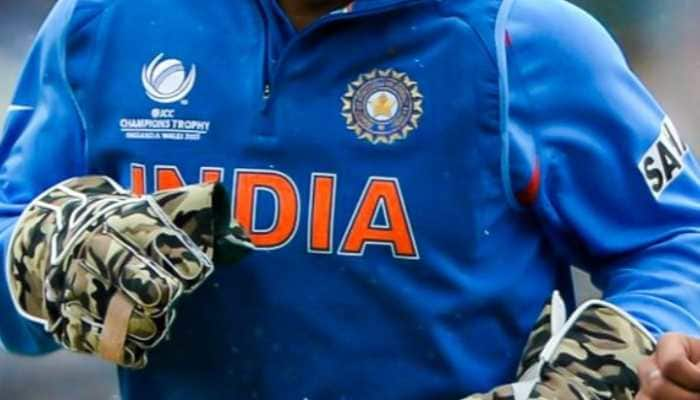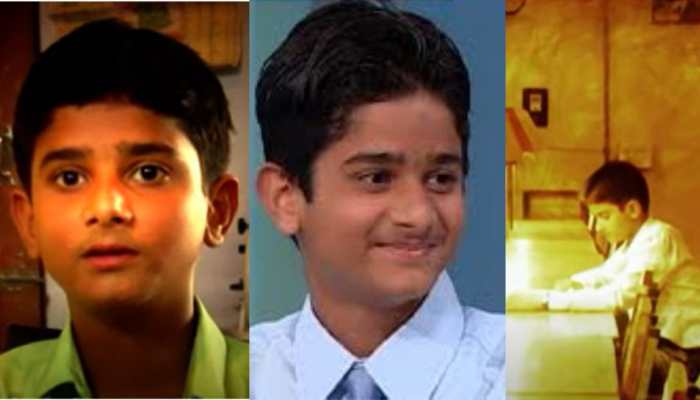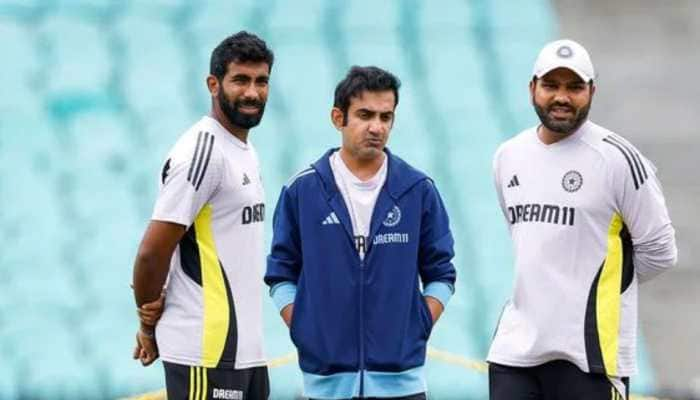Delhi HC's New Guidelines for Medical Examination of Rape Victims Where Pregnancy Exceeds 24 Weeks
The court said that if the sexual assault victim is a major who gives her consent and expresses desire for conducting MTP, the investigating agency will ensure that she is produced before the medical board the same day.
Trending Photos
) File Photo
File Photo New Delhi: Imposing the responsibility of motherhood on a sexual assault victim would amount to denying her the human right to live with dignity, the Delhi High Court has observed while passing a slew of guidelines for medical examination of such victims in cases where pregnancy exceeds 24 weeks. The high court said to force the victim to give birth to a child of a man who sexually assaulted her would result in unexplainable miseries, and cases, where sexual assault results into pregnancy are even more traumatic as the shadow of such tragic moment, lingers on each day with her.
It was dealing with a case in which a 14-year-old girl, who got pregnant after being sexually assaulted, sought to undergo medical termination of 25-week pregnancy, which was beyond the permissible limit of 24 weeks. The court was informed that the victim's family members are construction workers and she was sexually assaulted while her mother had gone out for work.
Justice Swarana Kanta Sharma allowed the plea for medical termination of pregnancy (MTP) after the minor's mother consented to it and also after perusing the report of medical board which examined her. The court asked the girl to appear before the competent authority of Ram Manohar Lohia Hospital on Friday for the purpose of medical termination of her pregnancy.
Noting that crucial time is lost in the process of passing orders for medical examination of the sexual assault victim by a medical board in case of 24 weeks or above of pregnancy which further endangers her life, the high court has passed guidelines to be followed by the investigating officers. The guidelines which need to be circulated through the commissioner of police to all investigating officers include that at the time of medical examination of a victim of sexual assault, it will be mandatory to conduct a urine pregnancy test, as it has been noticed that in many cases it is not conducted.
The court said that if the sexual assault victim is a major who gives her consent and expresses desire for conducting MTP, the investigating agency will ensure that she is produced before the medical board the same day. In case a minor victim of sexual assault is carrying pregnancy, upon the consent of her legal guardian and desire of such legal guardian for termination of pregnancy, the victim will be produced before such board, the court said.
After examination, the report will be placed before authorities concerned so that if a judicial order is being sought regarding MTP, the court concerned does not lose any more time and is in a position to pass an order expeditiously, it said. The court said that as per Section 3(2C) and Section 3(2D) of the MTP Act, it is mandated that the state government or Union territory has to ensure that medical boards are to be constituted in the hospitals.
The court is informed that such boards are not available in hospitals in each district, causing inconvenience to the investigating officers as well as to the victim at times who has to be taken for MTP and for further examination, it said. It directed the state government to ensure that such mandate of sections 3(2C) and 3(2D) of the MTP Act are complied with and such boards are constituted in all government hospitals which have proper MTP centres and it should be mandatory to have such boards constituted before hand.
The court said one will shudder to think what a victim who is carrying such fetus in her womb must be going through each day, being reminded constantly of the sexual assault that she has undergone. It said that in the case of sexual assault, fastening the victim with responsibility of motherhood would amount to denying her human right to live with dignity as she has a right in relation to her body which includes saying Yes' or No' to being a mother.
It is not in dispute that a female invariably has a right to make reproductive choices and decisions which are concerned with her bodily integrity and autonomy, it said. The court took note of the fact that Article 21 of the Constitution dealing with right to life invariably includes a life lived with dignity. The child herein is a victim of rape. Termination of pregnancy in cases, like present one, cannot be reduced merely to be defined as right of a woman sexually assaulted, but also to be recognised as a human right, as it affects dignified existence of a victim if the same is not permitted.
It is not the privacy of the rape victim which is invaded by sexual assault, but her body is wounded and her soul is scared. It would not be appropriate to expect the minor who is a rape victim to take the burden of giving birth and raising a child, especially in a situation where she herself is passing through the age of adolescent,? the court said. It added that doing so will amount to asking a child to give birth and raise another child.
Given the social, financial, and other factors that are immediately associated with the pregnancy, an unwanted pregnancy would surely have an impact on the victim's mental health, it said. In this case, the court asked the doctors to preserve the tissue of the fetus for the purpose of DNA identification in reference to the criminal case which is registered against the accused by the victim.
It asked the state to bear all the expenses necessary for the termination of the pregnancy of the minor and said if the child is born alive, despite the attempts at medical termination of the pregnancy, the doctors concerned shall ensure that everything, which is reasonably possible and feasible in the circumstances and in contemplation of the law prescribed for the purpose, is offered to such child so that he/ she develops into a healthy child.
Stay informed on all the latest news, real-time breaking news updates, and follow all the important headlines in india news and world News on Zee News.
Live Tv







)
)
)
)
)
)
)
)
)
)
